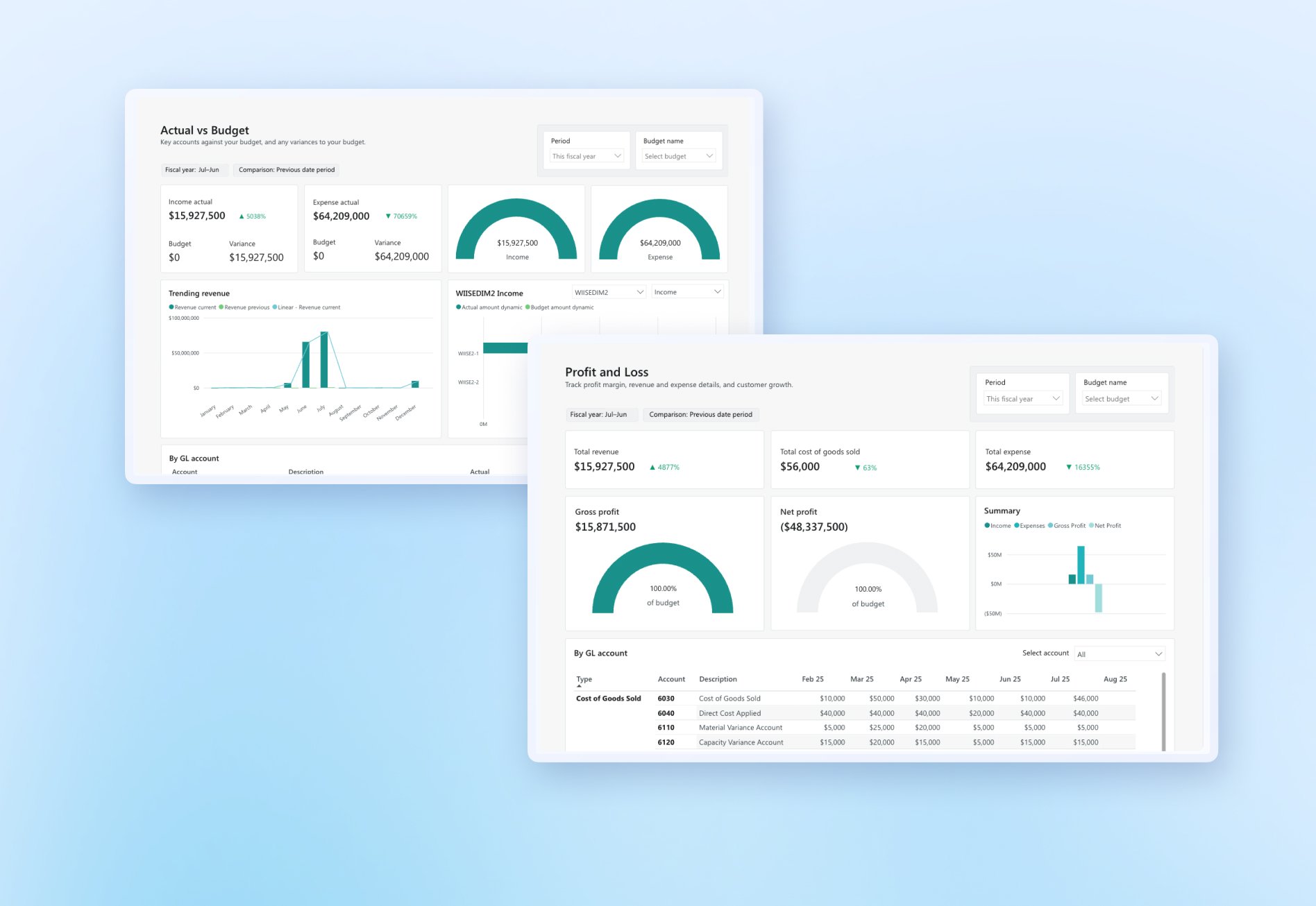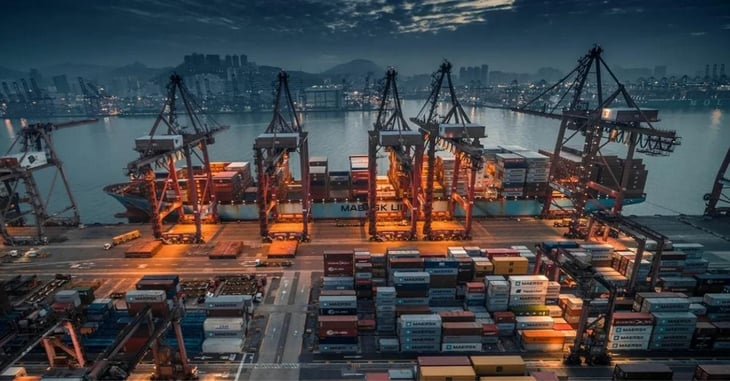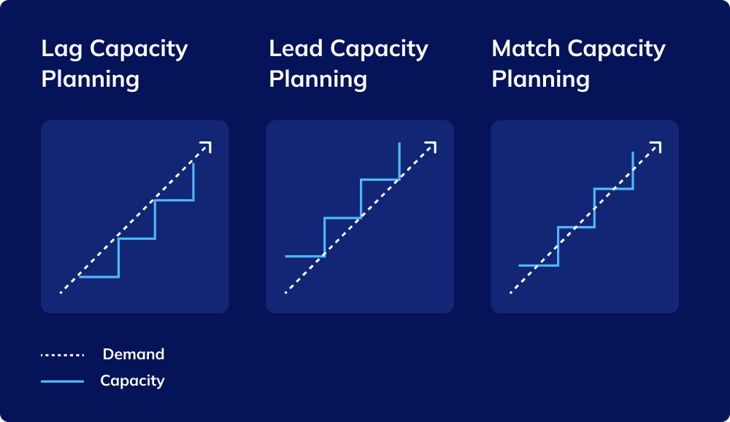When a downturn hits, the temptation can be to switch to drastic cost-cutting measures – including putting strategic plans, such as technology investments, on hold. But despite the current economic outlook, a downturn is often the best possible time to invest in digital transformation – particularly when it comes to enterprise resource planning (ERP).
Don’t let the downturn fool you
The current predictions for 2023 are continued inflation and further disruptions to Australia’s already fragile supply chain; but, for many industries, there are still signs of impressive growth for small and medium sized businesses (SMBs). In fact, 2022 saw a small business boom in Australia1, and 38% of Australian SMBs cited a better than average performance2.
Keeping up with your business growth
If yours is one of the many businesses that has seen steady growth this year, trying to maintain or grow your operations using the same small business processes and technology is a very risky – and costly – decision.
Taking a ‘business as usual’ approach, when your business, workforce and customer base is growing, is a fast-track towards mismanagement of all three. Outdated processes and slow technology adoption can lead to additional costs of up to 28% in lost time, productivity and efficiency3, as well as compliance risks.
How to thrive in a downturn
Successful businesses have common traits – and last year’s high growth Australian businesses were no exception. Businesses that had adopted new technologies were also most likely to succeed, closely followed by those which prioritised innovation and customer service4. This confirms findings from a recent Microsoft report5, which revealed that the top four priorities for SMBs should be:
- Digital technology
- Empowering talent
- Improving business efficiency
- Growth and innovation
For SMBs looking to do more than simply weather the potential storm forecast in 2023, an ERP can enable your business to achieve all of these priorities and thrive in a downturn.
"It is critical that SMBs continuously adapt and evolve – those that don’t are at risk of losing relevance.”
Harish Vellat, Microsoft ANZ
1. Becoming a digital business
Increasingly, the future success of your business is influenced by your technology investment choices – which technologies you choose, how they integrate with each other and how quickly they can be implemented. An ERP is, arguably, the most important part of your tech ecosystem. When a small business starts out, an ERP might be viewed as a simple financial tool to help manage cashflow and reporting; but as your business and its complexity grows, the right ERP can become an essential control hub, critical to managing all the key aspects of your business.
Wiise is a modern ERP, built on Microsoft technology, that uses advanced analytics, AI and machine learning to give growing SMBs full control and visibility over their critical operations; from key processes like payroll, CRM and accounting, to competitive capabilities such as inventory management, employee self-service and project costing.
2. Empowering talent
It’s fair to say we’re currently in an employee’s market. With 70% of Australian CEOs struggling to fill positions, your ability to attract and retain staff will be key to success in 20236; and employees are very clear about what they want from employers.
According to Microsoft’s most recent Work Trend Index, employees want:
- Best-in-class tools and technologies for their work7
- Greater flexibility and control over their working arrangements8
- Recognition of quality work
Wiise Payroll goes far beyond simply managing employee pay, offering simple and intuitive self-service HR features that enable staff to have greater control over their working arrangements. From viewing payslips or submitting leave and expense requests, to swapping, accepting or rejecting shifts on their mobile devices, Wiise gives employees greater flexibility over how and when they work.
70% of CEOs are finding talent acquisition, retention and digital re/upskilling is their top immediate challenge.
KPMG Report, 2022
3. Improving business efficiency
Inevitably, the current cost-of-living crisis has hit Australian businesses hard and cost-cutting isn’t just sensible – for many, it’s absolutely necessary. But, when it comes to cutting costs, doing so in a way that’s smarter – not harsher – is the key to thriving in a downturn.
Designed specifically to help to run your business more efficiently, Wiise offers SMBs an array of features to eliminate unnecessary spend and waste. The inventory management feature uses automated triggers to notify staff of stock that needs to be reordered across the business, based on usual quantities – ensuring only stock that sells is reordered. Microsoft AI enables staff to predict future demand as well as seeing the true ‘landed’ cost of imported stock, to make better purchasing decisions.
The newly launched purchase requisitions tool enables managers to regain control over incidental staff purchases. From stationery to special tooling parts, ‘essential’ everyday purchases can quickly get out of control if not properly monitored. Purchase requisitions provide a single, centralised view of purchase orders, categorised however you choose (location, product type or department), enabling approvers to easily spot anomalies, fraudulent purchases or simply smarter buying choices.
57% of Australian businesses have seen increased costs since May 2022.
Australian Bureau of Statistics, 2022
4. Growth and innovation
Businesses that take advantage of AI and automation technologies are rewarded with greater productivity and more time to focus on strategy and innovation. Wiise takes advantage of Microsoft’s AI, Cortana, to compile and auto-correct financial reports in seconds – time that can have a direct impact on your business.
In fact, Wiise customer, CVGT, saved an incredible 10-15 days each month by using Wiise to automate its P&L reporting; giving its finance team more time to focus on other opportunities for streamlining processes and creating efficiencies.
As a cloud-based platform built on Microsoft technology, Wiise can scale with your business while integrating seamlessly (and cost-effectively) all of your favourite Microsoft and non-Microsoft tools – enabling you to build a tech ecosystem that works for your business. Check out our integrations with all your favourite tools.
Have a question?
Have a specific question about how your business could benefit from moving to an ERP solution? Ask our friendly team today support@wiise.com or 1300 191 222.
Thrive with Wiise
Despite the temptation to cut costs, the key to weathering and thriving a downturn is to focus on growing your business and building resilience into your systems and processes. Yesterday’s small business mindset and paper-based record-keeping leaves growing SMBs open to compliance and financial risk, lost revenue, stock mismanagement and frustrated employees.
Start working better and growing your business today.
To help kick start your internal discussions around your team's ERP requirements, download our handy ERP requirements checklist.
Speak to one of our friendly Wiise team members or book a demo today.
1 Financial Review (2022), Behind Australia’s new small business boom.
2 LinkedIn (2022), Inside Australia's resilient SMBs.
3 Australian Manufacturing (2022), How mid-market manufacturers can seize advantage.
4 CPA Australia (2022), Asia-Pacific small business survey.
5 Microsoft (2022), Your digital journey.
6 Microsoft (2022), Your digital journey.
7 KPMG Australia (2022), Employee value proposition: attract and retain the right talent.
8 Microsoft (2022), Work Trend Index Special Report: Hybrid Work Is Just Work. Are We Doing It Wrong?
Ready to learn more?
Book a demo call with one of our friendly team members.



